One does not require league tables to tell us that the Indian bureaucracy is passing through a grave crisis. Just try to get any public service and see for yourself how difficult is it to get a public service to which you are otherwise entitled to as a citizen. The very fact that the President of our republic in her address to Parliament on June 4, 2009 mentioned “governance reform” as one of the ten priority areas for the next five years will show that the government is aware of the need for governance reform at the highest level.
The two remedies which your write-up suggests, namely, appointment of political appointees from private sector as is done in the U.S. and lesser state involvement, presumably in the life of citizens, do not bear scrutiny. Political appointees have repeatedly failed in the U.S. As a result, calls are now being made to cut down their numbers. As regards performance, Paul Verkuil, a Professor of Law, cites the study of Professor David Lewis which reported that “politically appointed bureau chiefs get systematically lower management grades than bureau chiefs drawn from the civil service.” The State can and should shed its extra baggage as has already been done by privatization in power and telecom sectors, etc. since 1991 but certain other state functions simply cannot be shed away. These will include, for example, defence, law and order, etc.
For reforming Indian bureaucracy, solution is twofold. First, instead of indulging in unwarranted and unproductive bureaucratic bashing, strengthen the civil service. A state is as good (or as capable) as its civil service. This requires radical improvements in the internal working of civil service. A demoralized civil service is hardly an ideal instrument to serve the state and its citizens. The vast majority of civil service stands demoralized to-day due to faulty recruitment, unfair promotion policies, poor performance assessment, unsympathetic transfer and posting policies, and political interference. One quickly learns that it is neither hard work, nor professional competence, nor merit which gives a satisfactory career progression but one’s caste, class, and region. This can, and does, break even the strongest of civil servants.
Secondly, promote e-governance. This is where the tyre meets the road. It has direct impact on public service delivery and thus matters most to citizens. After an outstanding success in e-commerce (railway reservation, etc.), e-banking (online banking, etc.), there is no reason why e-governance (24x7 public service delivery online) should elude us. But it is eluding us notwithstanding the implementation of an ambitious National E-governance Plan. The progress of e-governance has been tardy and patchy so far. And the reason? Once again the civil service which has failed to meet the demands of e-governance. The solution thus lies in promoting the e-civil service.
The term e-civil service has been used by me for two senses. In the first sense it is the use of artificial intelligence (AI) or software programs in discharging the functions of the civil service. This will make use of, what is called in tech jargon, zero-touch technology (ZTT), that is, technology that does not involve human intervention. ZTT is superior to human intervention as it is expected to cause least errors in processing. Consider, for example, issue of passports. If the issue of passports is based on fulfillment of certain requirements, as it is, why this job cannot be done by an AI agent? In fact, artificial intelligence (AI) is ideally suited for many routine functions in the government. It is also cost-effective and out-performs human beings in processing of cases which suits cash-strapped governments.
In the second sense, the term e-civil service is used for civil servants discharging their functions as civil servants online. It is in this role that civil service is found seriously wanting. It is, however, futile to blame the civil service again for it as it is its managers who are responsible for this plight. How do you, for example, expect the civil servants to be tech-savvy when they are not formally trained in information and communication technologies (ICTs)? Reforming our governance should, therefore start with training civil service in ICTs. This will move the governance from Government 1.0 (one-way from government to citizens) to Government 2.0 (two-way interactive government). India is world’s fourth largest “internet nation.” It deserves e-civil service in its own right. Give it a chance.
Dr D.C.Misra
Former Chairman, Task Force for IT Policy for Delhi
New Delhi, India
June 8, 2009
Subscribe to:
Post Comments (Atom)




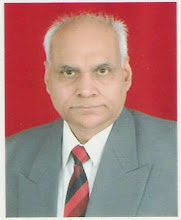

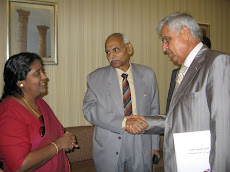
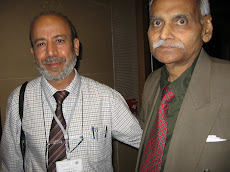
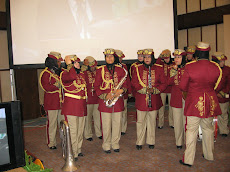
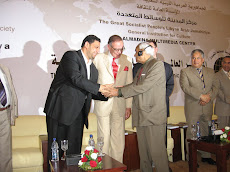

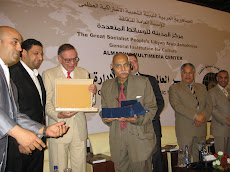


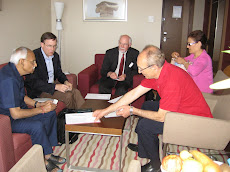
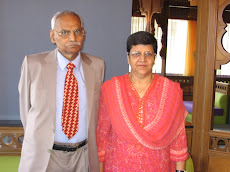
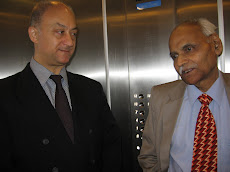
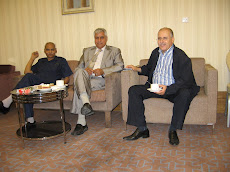
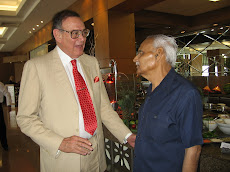

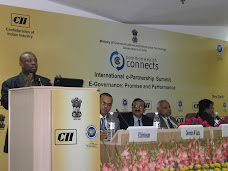









No comments:
Post a Comment